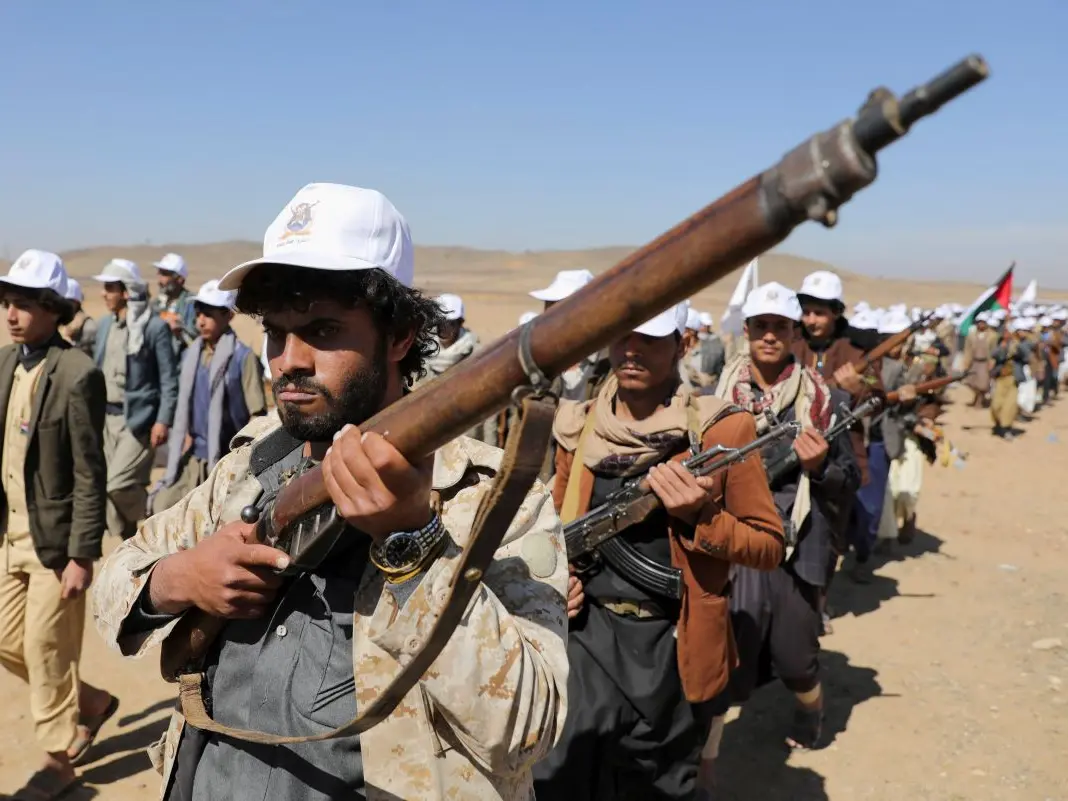Houthi authorities in Yemen have issued an order for U.S. and British staff working for the United Nations and humanitarian organizations in Sanaa to leave the country within a month. The decision follows recent military strikes by the United States and Britain, with support from other nations, against Houthi military targets. The Iran-aligned group has been accused of launching attacks on commercial ships in the Red Sea, which it claims are linked to Israel.
The Houthi foreign ministry sent a letter to the U.N.’s acting humanitarian coordinator in Yemen, Peter Hawkins, stating, “The ministry … would like to stress that you must inform officials and workers with U.S. and British citizenships to prepare to leave the country within 30 days.” The letter also instructed foreign organizations not to hire American and British citizens for operations in Yemen. Houthi top negotiator Mohammed Abdulsalam confirmed the authenticity of the letter.
The decision comes in the wake of the U.S. government returning the Houthi group to a list of terrorist organizations and escalating tensions in the region. The Houthi attacks, which they claim are in solidarity with the Palestinians amid Israel’s actions in Gaza, have led to retaliatory strikes by U.S. and British forces.
The U.S. embassy acknowledged the reports about the letter but stated it could not speak on behalf of the U.N. or humanitarian organizations. The British embassy noted that its staff had not been instructed to leave yet and emphasized the importance of the U.N.’s vital assistance to the Yemeni people, particularly as the Houthis are jeopardizing key sea routes. The conflict in Yemen, which has endured nearly a decade of war, has reached a “no-war, no-peace” stalemate, and diplomatic efforts for a formal renewal of a U.N.-brokered ceasefire have not materialized.
In response to Houthi attacks, U.S. and British forces recently targeted a Houthi underground storage site, as well as missile and surveillance capabilities, in ongoing efforts to address the escalating situation in the region.



